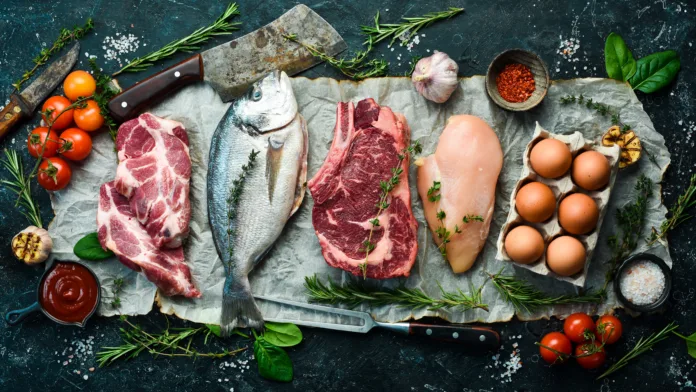In the world of nutrition, protein takes center stage for muscle building and fat loss. Yet, the challenge lies in balancing protein intake without a surplus of calories, especially when protein-rich foods often come with added fats. The solution? Embrace high-protein, low-fat foods—a strategic approach to elevate protein without unnecessary calories.
This dietary shift not only aids in calorie control but also promotes stable blood sugar levels, sustained energy, and resistance to energy crashes. According to nutrition experts, Lyssie Lakatos, R.D.N., and Tammy Lakatos Shames, R.D.N., a well-balanced high-protein, low-fat diet, complemented by veggies, fruits, fiber, and healthy fats, proves to be a sustainable route to leanness and overall health. However, success lies in thoughtful planning, extending beyond a protein-centric focus. Join us on a journey through the top high-protein, low-fat foods—a fusion of taste and nutrition for a healthier lifestyle.
Here are some of the top low-fat, high-protein foods.
1. Venison:
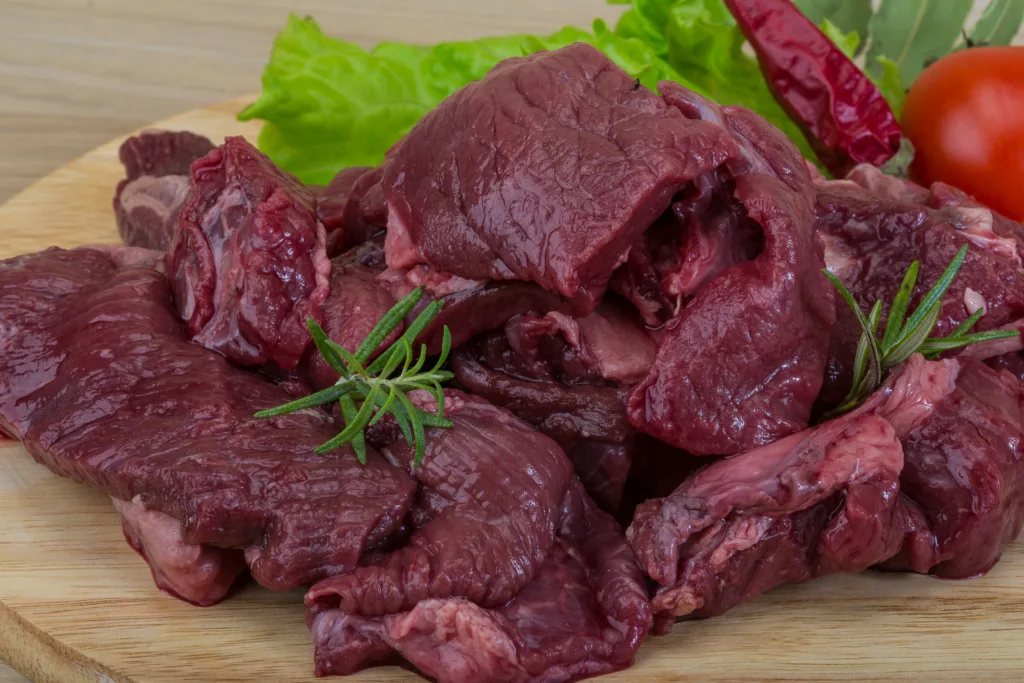
Venison, or deer meat, emerges as a solid choice for individuals seeking ample protein with minimal fat intake. With 26 grams of protein and only three grams of fat per 3 oz serving, venison is not only a lean alternative but also a rich source of iron. Its versatility in dishes such as chili or pasta sauce makes it an attractive option for those looking to diversify their protein sources.
2. Snapper:
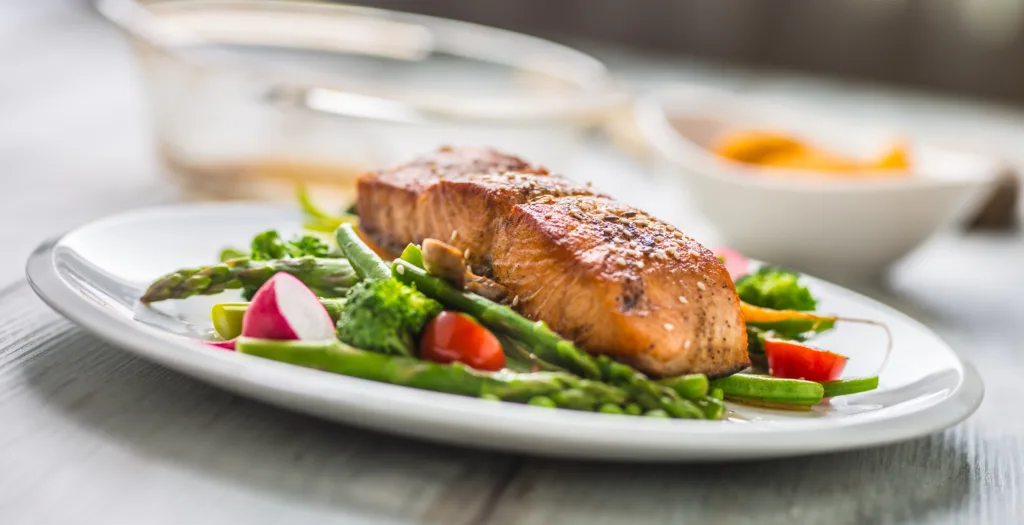
While salmon often takes the spotlight, snapper deserves attention as a leaner fish option. Offering 22 grams of protein and 1.5 grams of fat per 3 oz serving, snapper is not only a protein powerhouse but also rich in selenium, an antioxidant with anti-inflammatory properties.
3. Non-Fat Kefir:
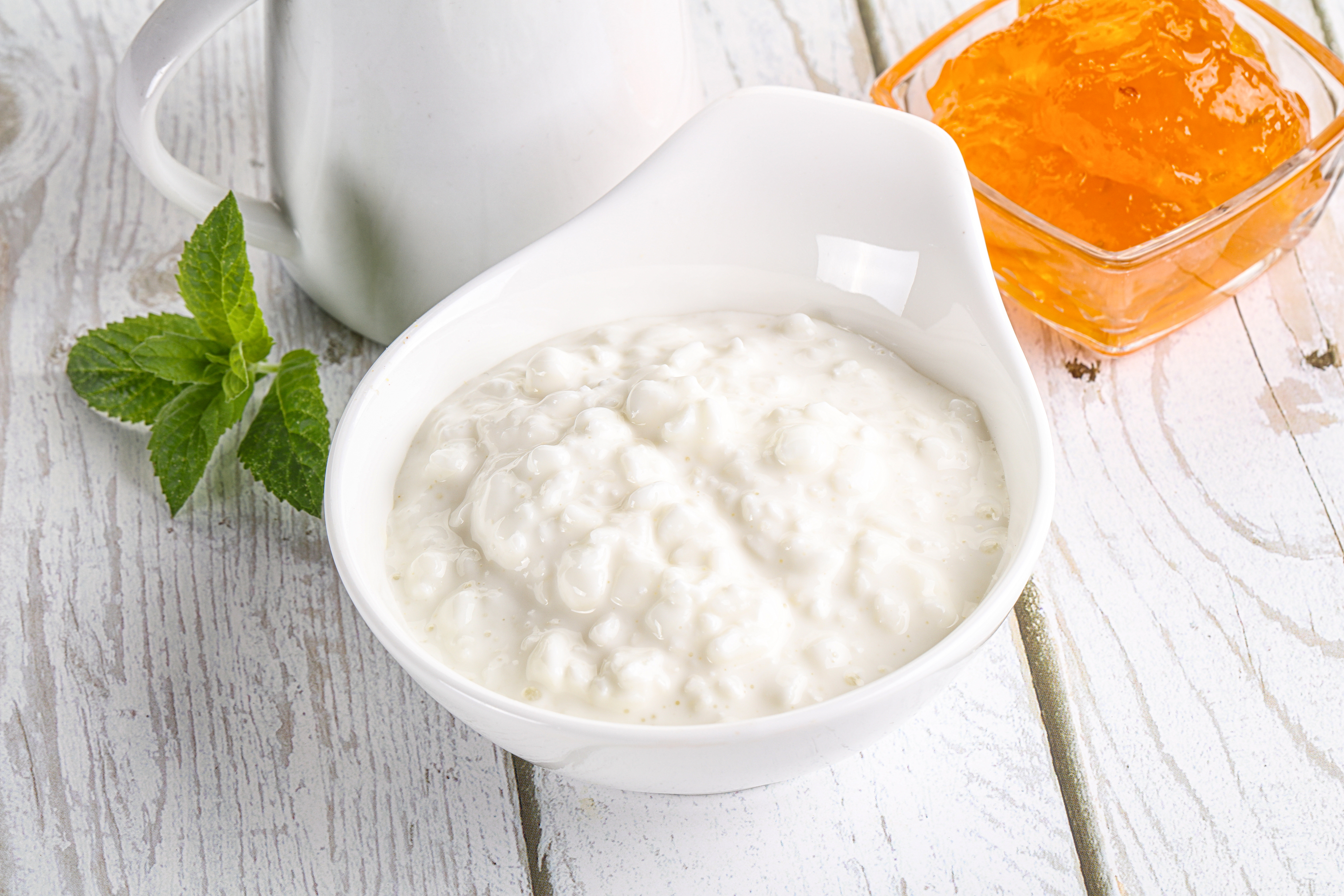
Non-fat kefir, a fermented dairy beverage akin to drinkable yogurt, surprises with its high protein (11 grams per cup) and low-fat (0 grams) content. Beyond its protein benefits, kefir provides calcium, promoting bone health. Combining it with non-fat milk, fruits, and greens makes for a nutritious smoothie.
4. Edamame:
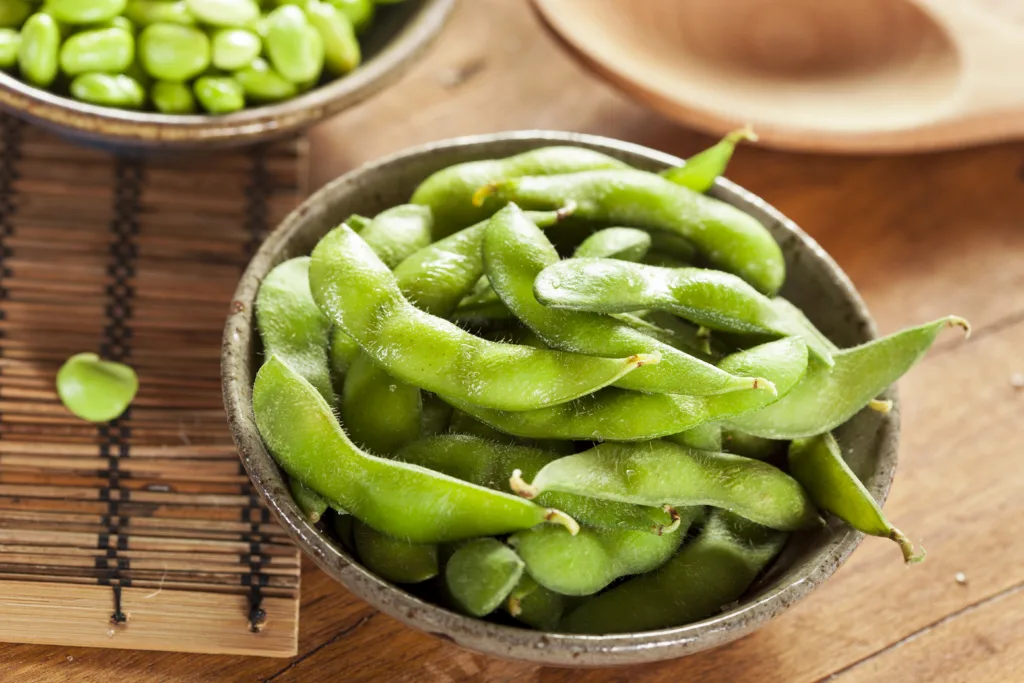
Often relegated to the status of an appetizer, edamame emerges as a nutritional powerhouse. With 17 grams of protein per cup, edamame is a rich source of protein and fiber while maintaining low fat content. Its versatility makes it a convenient addition to salads, pasta, and various dishes.
5. Egg Whites:
Egg whites, recognized for their high protein content, offer a protein-packed alternative with fewer vitamins and minerals compared to whole eggs. Despite this, egg whites contribute potassium, B vitamins, and selenium to meals, making them a valuable addition for those seeking volume and protein without excess calories.
6. Seitan:
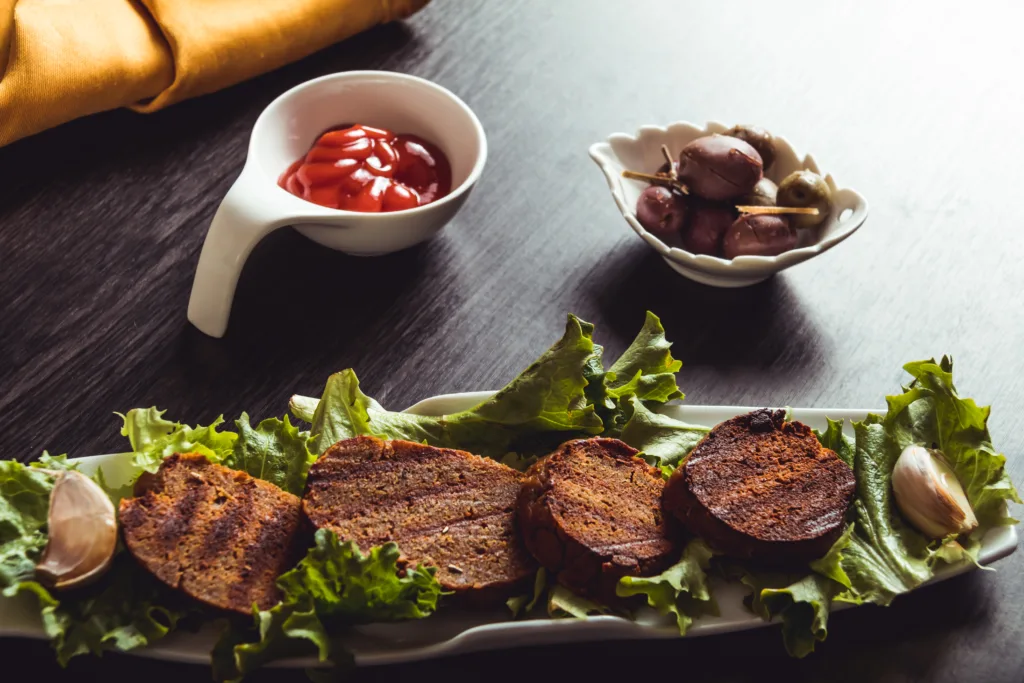
Seitan, also known as wheat meat, stands out as a plant-based protein source with an impressive 25 grams of protein per 100 grams. This meat alternative is not only high in protein but also low in fat, making it an affordable and versatile choice for those exploring non-meat protein options.
7. Mahi Mahi:
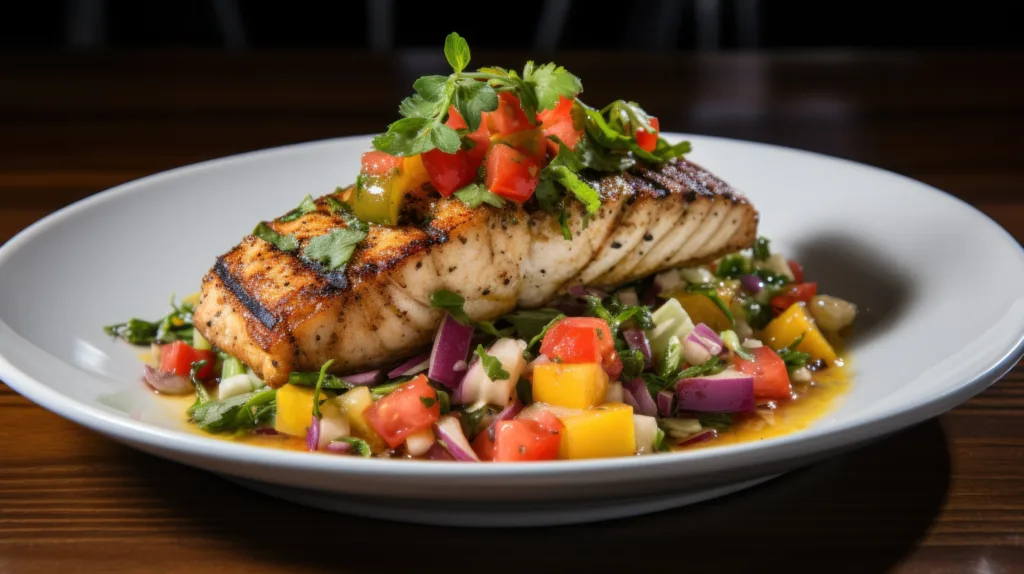
Mahi Mahi, a flavorful fish, offers a substantial 20 grams of protein and less than 1 gram of fat per 3 oz serving. Beyond its protein content, Mahi Mahi provides the daily requirement of selenium, showcasing its nutritional value. Its firm texture makes it adaptable to various cooking methods.
8. Turkey:
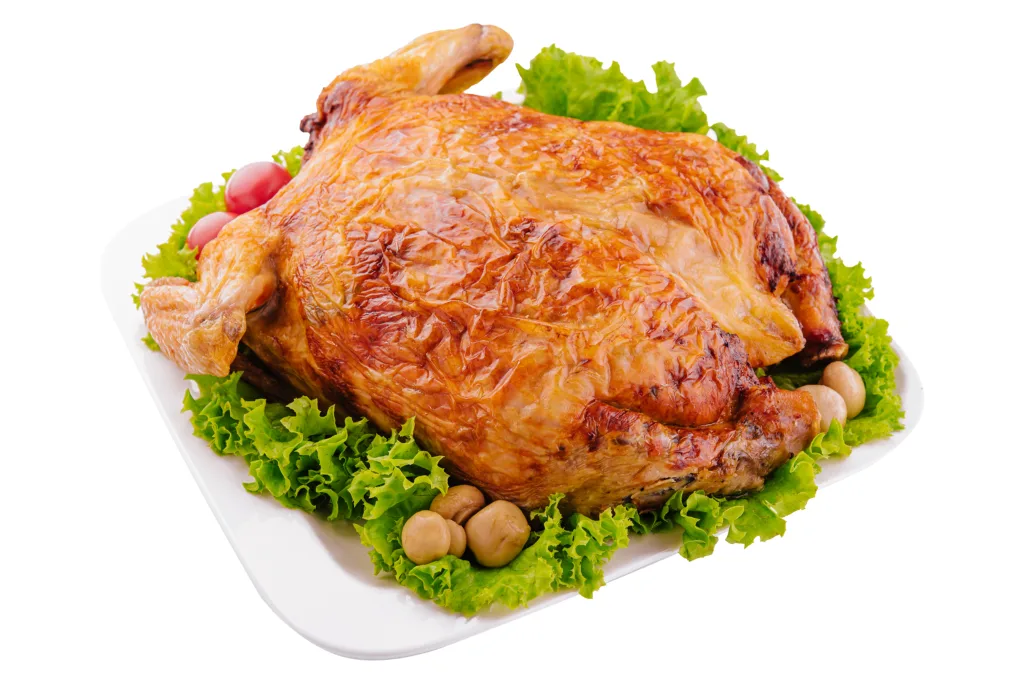
Turkey, with 20 grams of protein per 3 oz serving, stands as a versatile and lean source of animal protein. Loaded with essential B vitamins and phosphorus for bone health, turkey can be substituted for ground beef in burgers, meatballs, or prepared with herbs for a wholesome meal.
9. Shrimp:
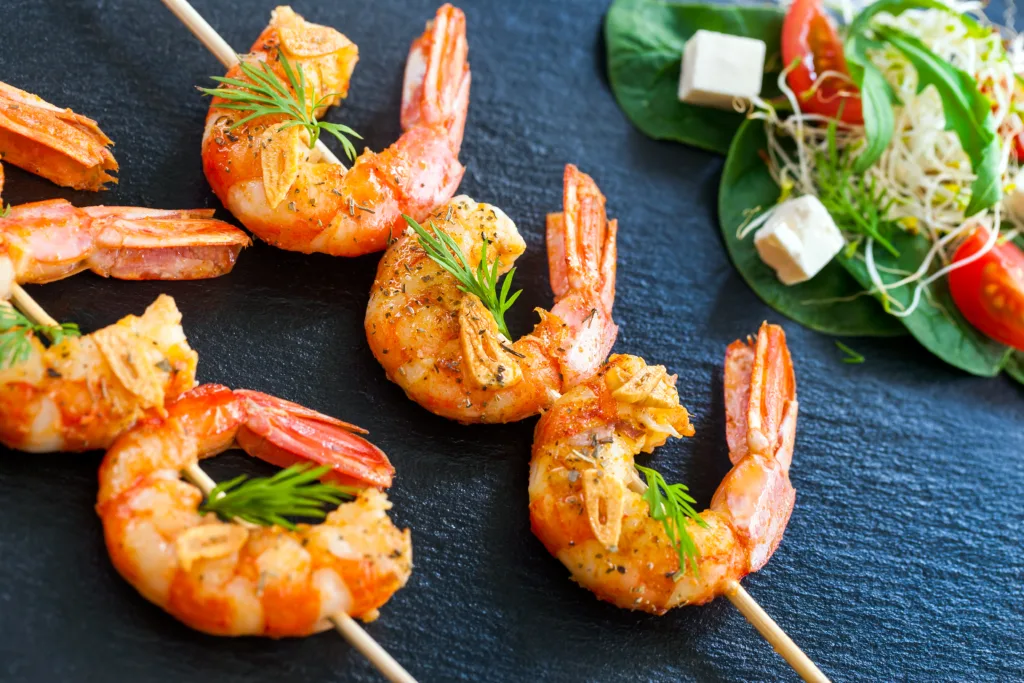
Shellfish, specifically shrimp, emerges as a low-fat, high-protein option, offering 20 grams of protein and only 0.3 grams of fat per 3 oz serving. Its purity in protein and low-calorie content make it a convenient choice for quick and healthy meals.
10. Chicken Breast:
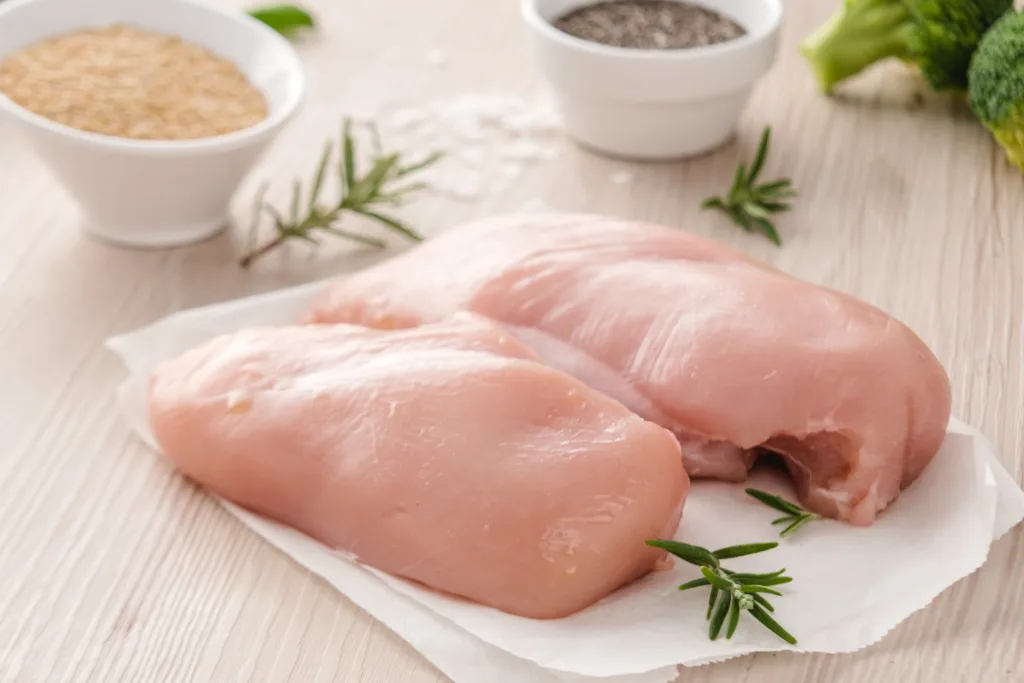
A classic lean protein, chicken breast provides a substantial 27 grams of protein and only 3 grams of fat per 3 oz cooked. Its adaptability to various cooking methods ensures that it remains a staple in protein-rich diets.
11. Whey Protein Powder:
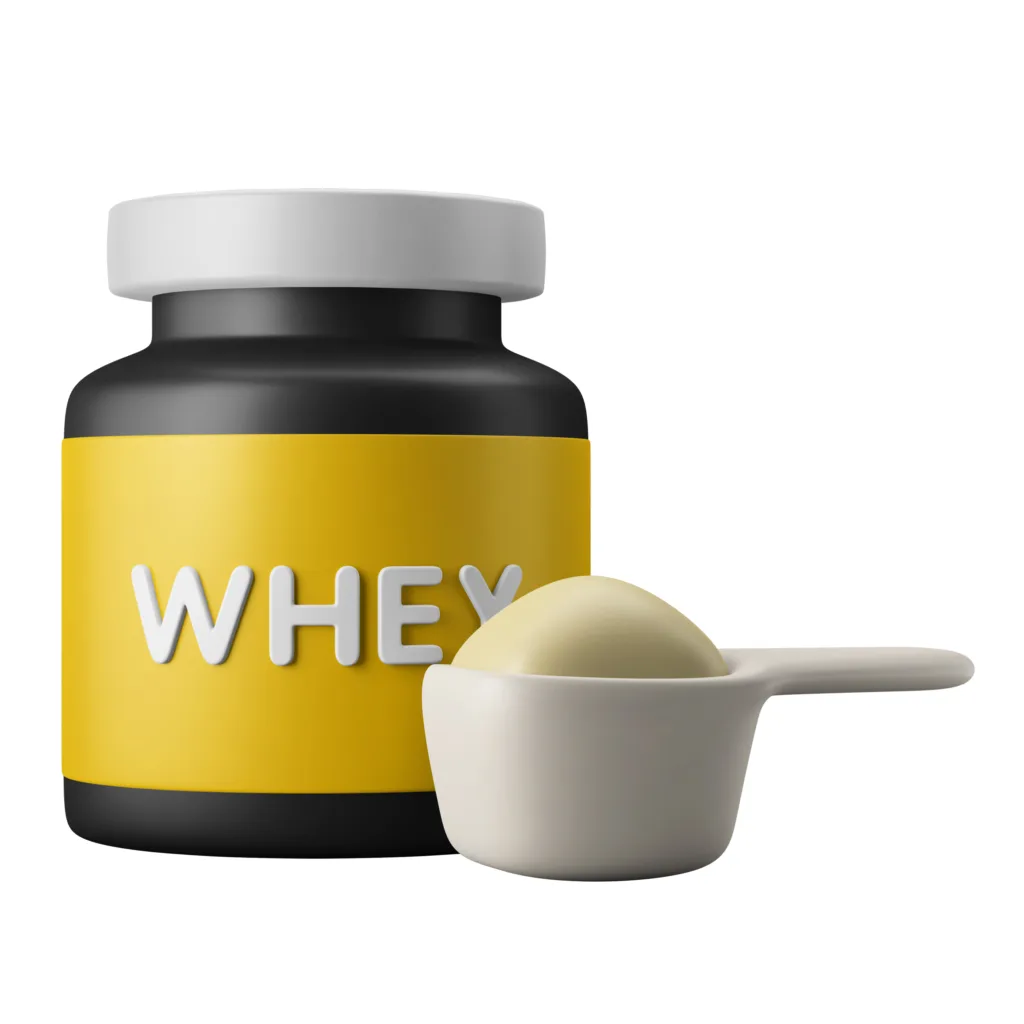
Whey protein powder is hailed as a bioavailable and easily digestible protein source, containing essential amino acids crucial for muscle building and retention. In addition to its protein content, whey provides B vitamins and choline, supporting brain health. Once the preferred flavor and consistency are identified, whey protein powder becomes a valuable staple in high-protein, low-fat diets.
12. Non-Fat Greek Yogurt:
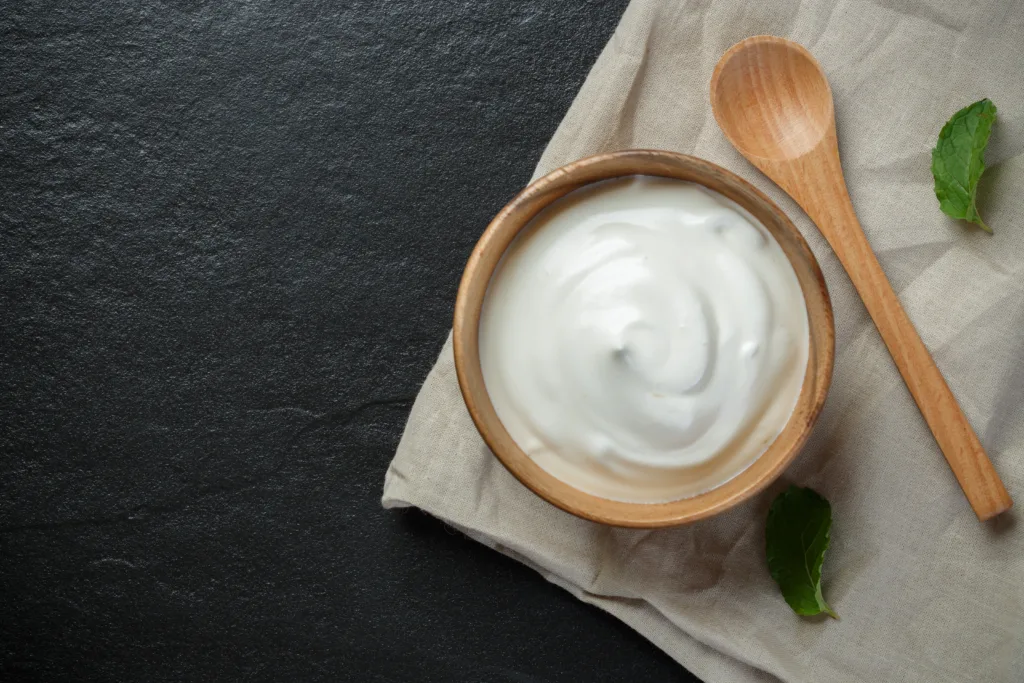
With a six-ounce serving delivering 17 grams of protein, non-fat Greek yogurt is a nutritional powerhouse. Beyond protein, Greek yogurt contributes calcium for bone health and potassium for muscle function. Its versatility makes it a suitable substitute for sour cream and mayonnaise or a base for salad dressings and dips.
13. Lentils:
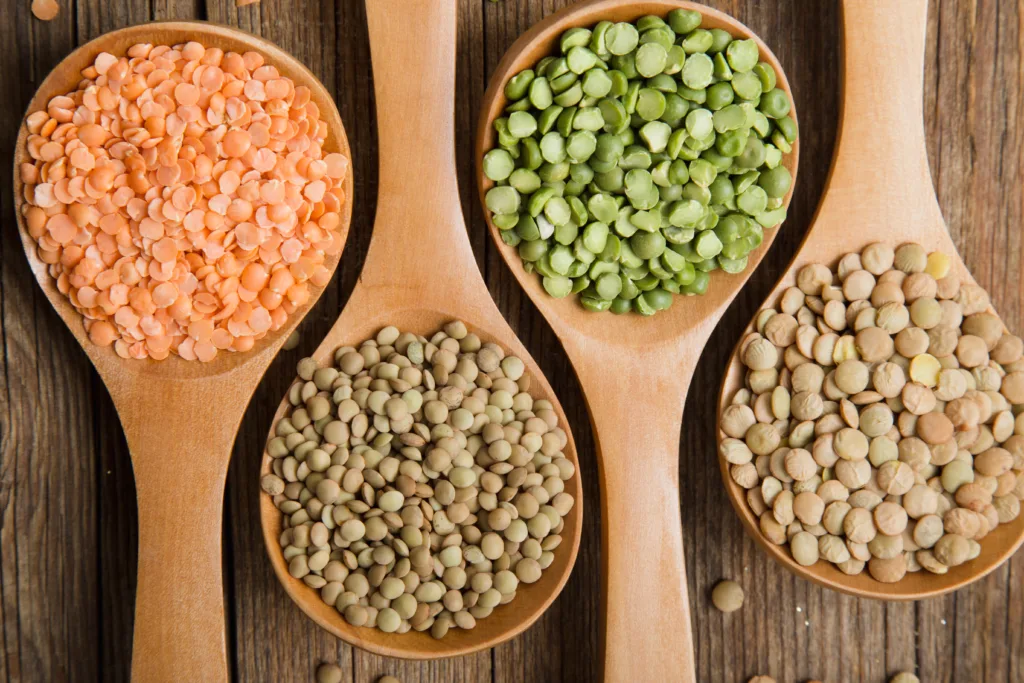
Lentils emerge as a plant-based, low-fat protein source, providing 18 grams of protein and 0.8 grams of fat per cup. In addition to protein, lentils are rich in iron, folate, and fiber, making them an excellent choice for vegans and those looking to diversify their protein sources.
14. Sprouted Tofu:
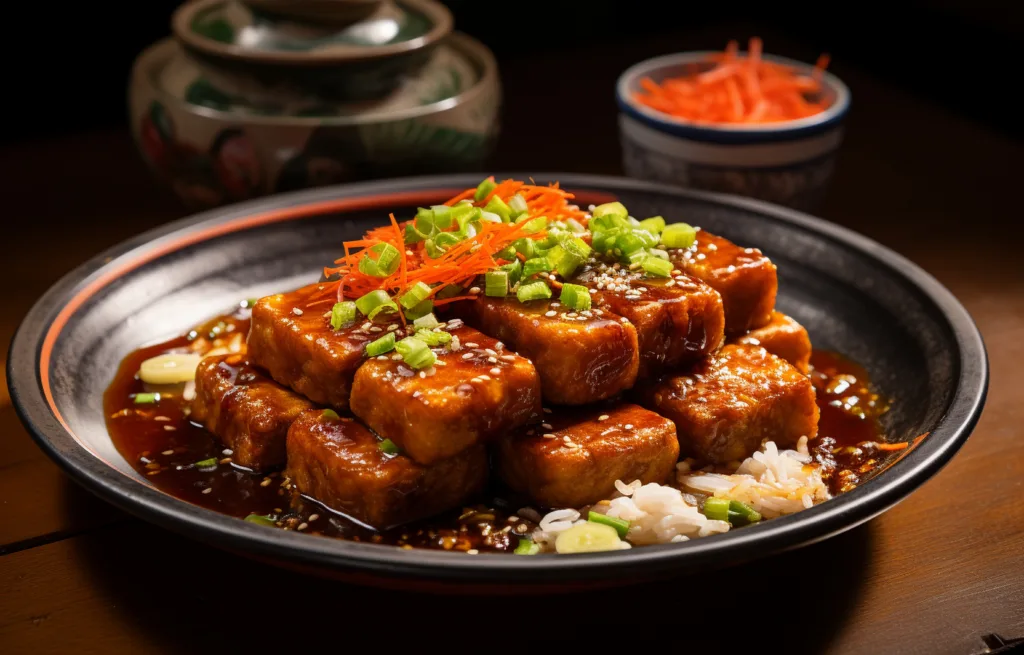
While tofu is a well-known plant protein, sprouted tofu takes it to the next level. Made from sprouted soybeans, it boasts enhanced protein, nutrients, and anti-inflammatory components. With 10 grams of protein per three ounces, sprouted tofu surpasses regular tofu in fiber, protein, calcium, and slightly more calories.
15. Low-Fat Cottage Cheese:
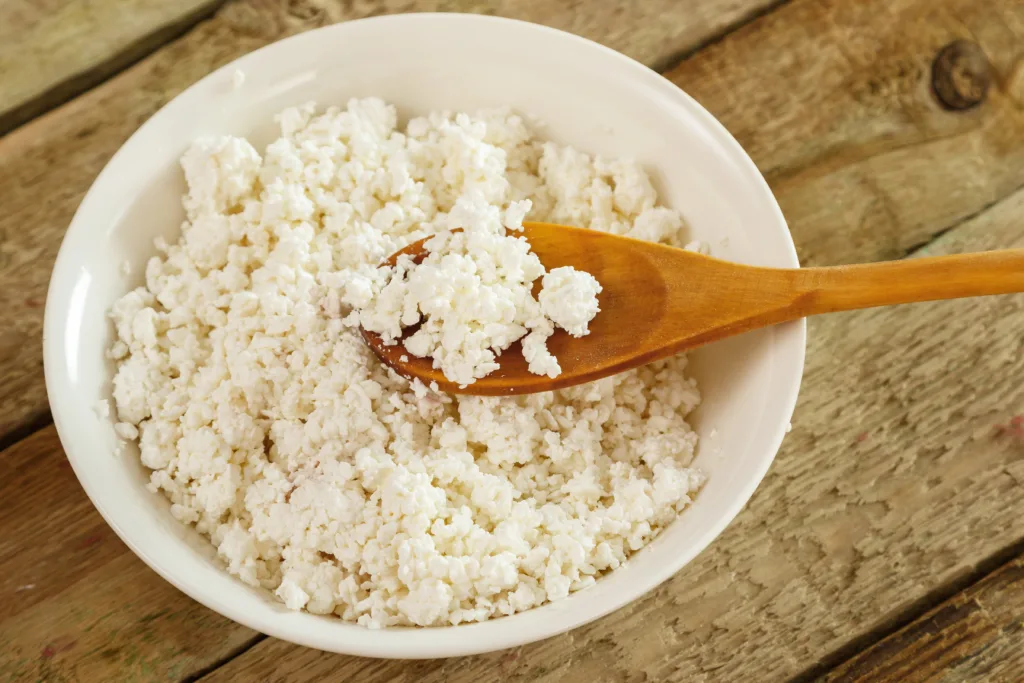
A half-cup serving of low-fat cottage cheese delivers 13 grams of protein for just 1 gram of fat and 90 calories. Its neutral taste makes it a versatile ingredient, ideal for spreading on toast and topping with vegetables for a quick and easy lunchtime sandwich.
16. Tuna Fish:
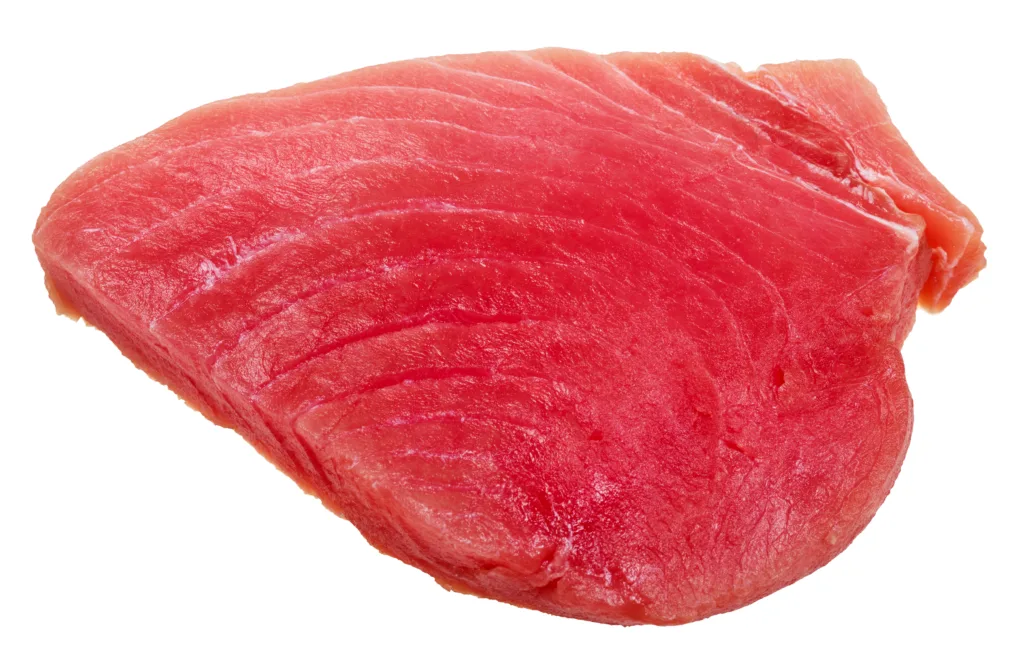
Canned tuna, packed in water, serves as a protein-rich option with 20 grams of protein and 3 grams of fat in a three-ounce serving. Its versatility makes it a convenient substitute for grilled chicken or salmon in various salad recipes.
17. Peanut Butter Powder:
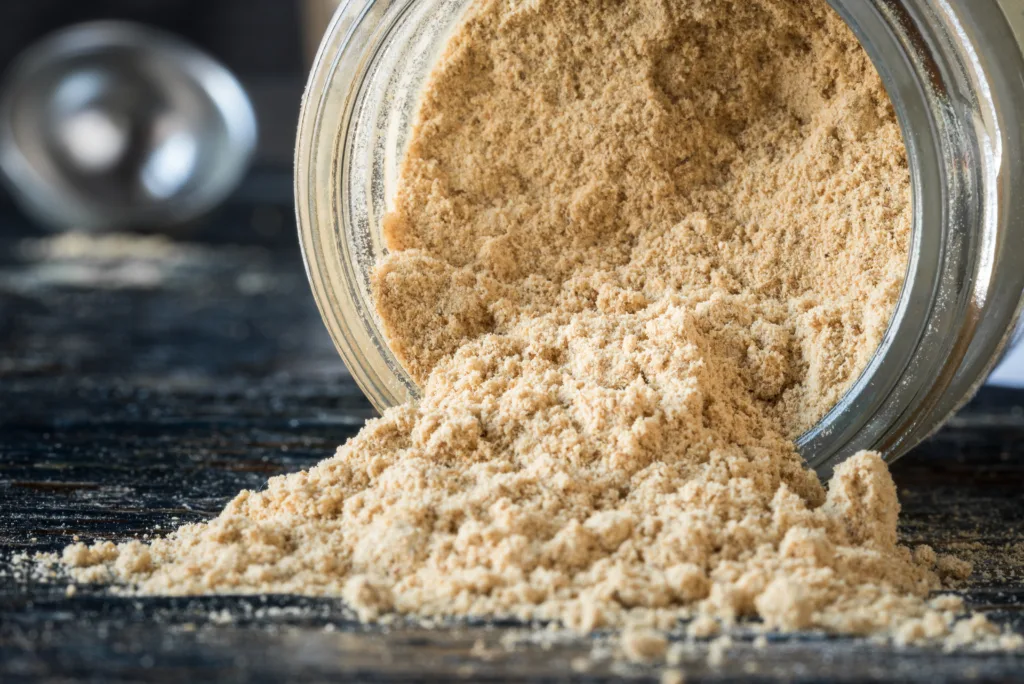
Peanut butter powder emerges as a low-fat alternative to traditional peanut butter. With eight grams of protein per two tablespoons, it is a flavorful addition to smoothies and baked goods. Pressed to remove oil, it retains the essence of peanuts while offering a protein-packed powder.
18. Tempeh:
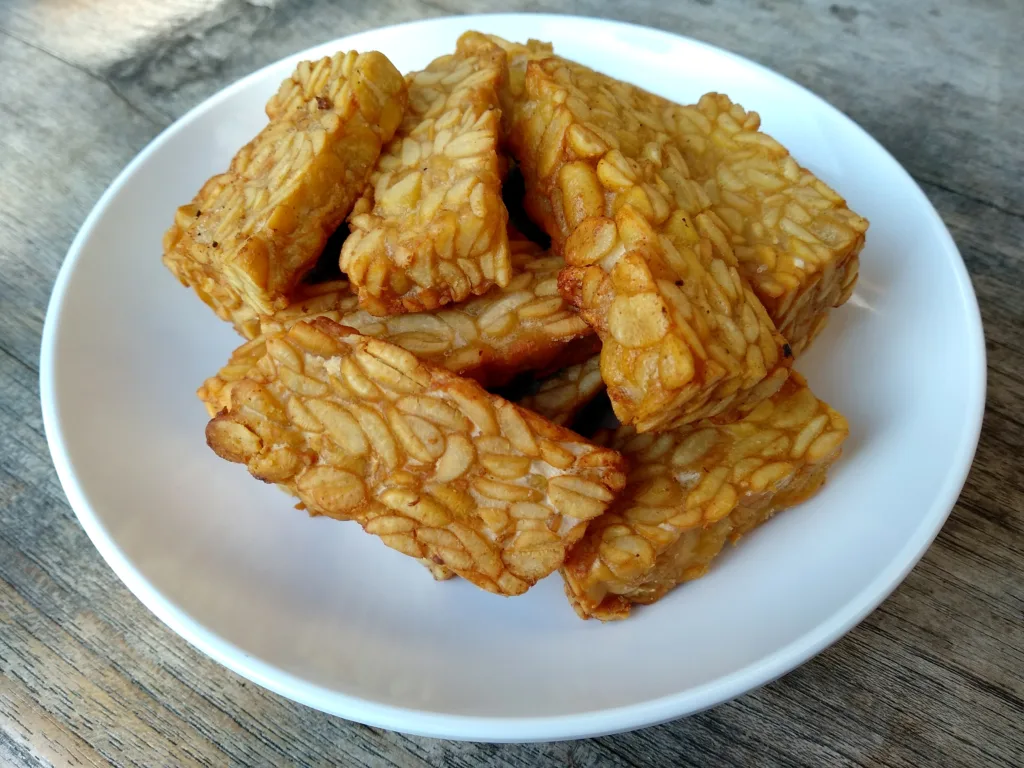
Tempeh, a fermented soybean product, stands as an excellent meat alternative with 21 grams of protein in a four-ounce serving. Its firm texture and pleasant funkiness make it a versatile choice for stir-fries or as a plant-based protein source.
19. Bison:
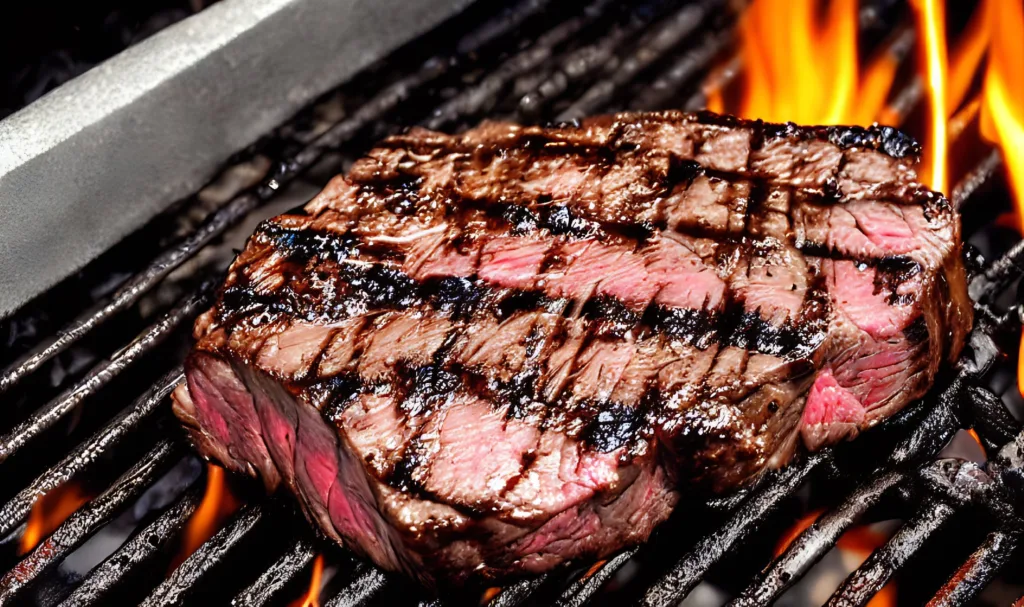
Bison, a lean red meat often overlooked, provides a hefty 24 grams of protein for only 2 grams of fat in a three-ounce serving. Grilling a bison steak not only offers a flavorful experience but also contributes to a low-fat protein option.
20. Pork Tenderloin:
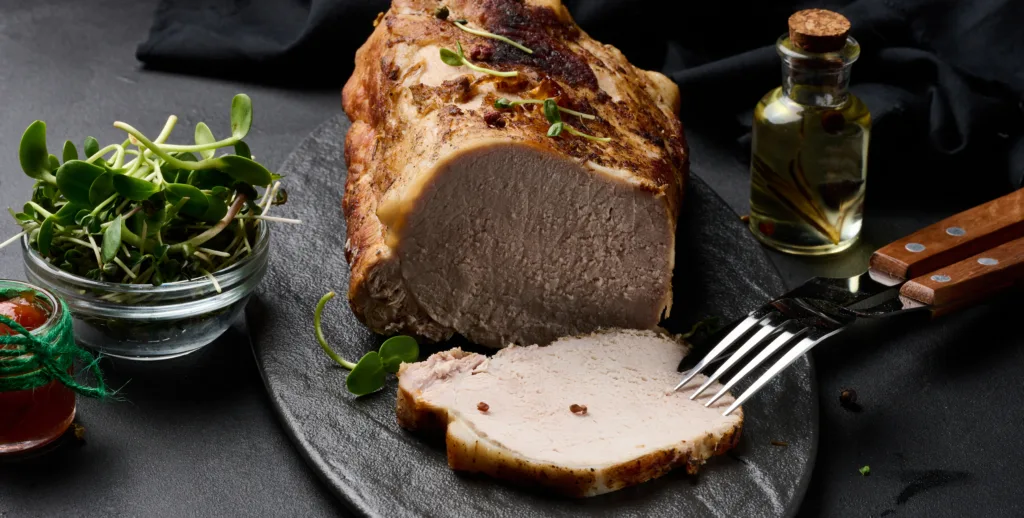
Pork tenderloin, recognized as one of the leanest cuts in most animals, maintains its reputation in the pig. With 20 grams of protein and 3 grams of fat in a four-ounce serving, pork tenderloin is adaptable for various cooking methods, including grilling or preparing kabobs.
In summary, a high-protein, low-fat diet offers a flavorful array of options, from lean meats like venison and turkey to nutrient-rich seafood such as snapper and shrimp. Plant-based choices like lentils, edamame, and sprouted tofu provide variety and nutrition. Whether your goal is muscle building, fat loss, or overall well-being, these foods pave the way for a delicious and health-conscious lifestyle. Embrace the balance of taste and nutrition, elevating your culinary experience while supporting your fitness journey. Cheers to a vibrant, healthy, and satisfying lifestyle!
